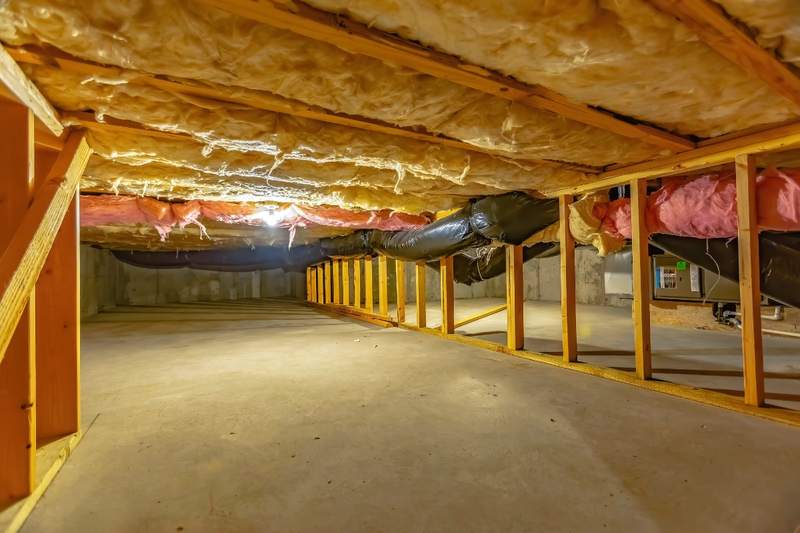
Saving enough for a down payment on a home is a big challenge for first-time homebuyers. If you’ve been out in the working world for a while, and have paid into a 401(k) retirement plan, you may be asking yourself, Can I use my 401(k) to buy a house?
The short answer is yes. The IRS allows people with 401(k) plans to withdraw cash to make a down payment or pay closing costs when buying a home. However, depending on whether you withdraw the cash directly or take out a loan against your savings, you can expect some financial penalties.
How a 401(k) Works
Many companies offer retirement savings programs for their employees. Named for the section of the tax code that allows it, a 401(k) plan lets employees put a percentage of their pay into various investments, typically mutual funds. Contributions to a 401(k) are not taxable until you withdraw the funds — ideally when you’re retired, and your tax liability is lower. Employers often match employees’ contributions to the fund, up to a certain percentage.
Investors in 401(k) plans can withdraw money from their plan as income when they retire, or after they turn 59 1/2 years old. Withdrawing funds before then incurs a tax penalty — typically 10% of the withdrawal.
Employees also can borrow their 401(k) savings and repay them with interest to their account. If you lose or leave your job before you’ve repaid a 401(k) loan in full, you must repay it immediately, or else the balance will become a taxable withdrawal that also carries penalties.
Ways You Can Use Your 401(k) To Buy a House
You can withdraw money from your 401(k) plan without penalty for a few specific reasons — one being to make a down payment on a home. It’s a good idea to consult a financial advisor as you research the question, Can you use a 401(k) to buy a house?
If you choose to use your 401(k) funds to buy a house, here’s how to go about it:
Early withdrawal
It’s common for plans to allow a 401(k) withdrawal for a home purchase. However, it’s generally not recommended, especially if you have other options available to you.
If you’re considering early withdrawal, there’s a few considerations to be made:
- Typically, your early withdrawal will be subject to a 10% penalty tax.
- You can take money out of your 401(k) without paying the penalty if it qualifies as a hardship withdrawal. This typically means the money is urgently required for purposes such as medical expenses or certain qualified education expenses.
- If you withdraw from a traditional 401(k), you’ll pay taxes on the amount you take out as though it’s regular income.
- You cannot repay an early withdrawal, so your 401(k) balance will be reduced by the amount you take out. This may affect how much money your plan will earn over the long term.
Borrowing from 401(k) plans
You can take a 401(k) loan for a home purchase with fewer penalties than a withdrawal. There are restrictions on this, though. Consider these points if you want to take a loan out from your 401(k):
- Most loans must be repaid in five years, but longer loan terms are allowed if the money is used to buy a primary residence.
- Expect to pay the loan back at an interest rate that’s 1 to 2 percentage points higher than the current prime rate.
- While you’re repaying a loan, you may be unable to continue putting a percentage of your paycheck into your 401(k), limiting its growth potential.
- You typically can borrow up to half of your vested balance or a maximum of $50,000, depending on your plan.
Reach retirement age
Once you are 59 1/2 years old, you can make qualified withdrawals from a 401(k) plan without penalties.
Limits on Using Your 401(k) To Buy a House
The limitations that come with using your 401(k) to buy a home are important to consider when deciding whether you should withdraw or borrow funds.
Taking funds out of your 401(k) via a loan or a withdrawal reduces the amount of cash you have invested, affecting how much you may have available when you retire.
“Before committing to using their 401(k) for buying a home, homebuyers should note that withdrawing from a 401(k) reduces the amount of money that could be growing tax-deferred in the account,” says Joel Efosa, a real estate investor and CEO of Fire Cash Buyers in Norwalk, Connecticut.
If you take out a loan against your 401(k) and leave or lose your job, either you have to repay the loan immediately or it becomes a withdrawal on which you have to pay penalties and taxes.
FAQ
Here are answers to some common questions about using 401(k) funds to buy a home.











